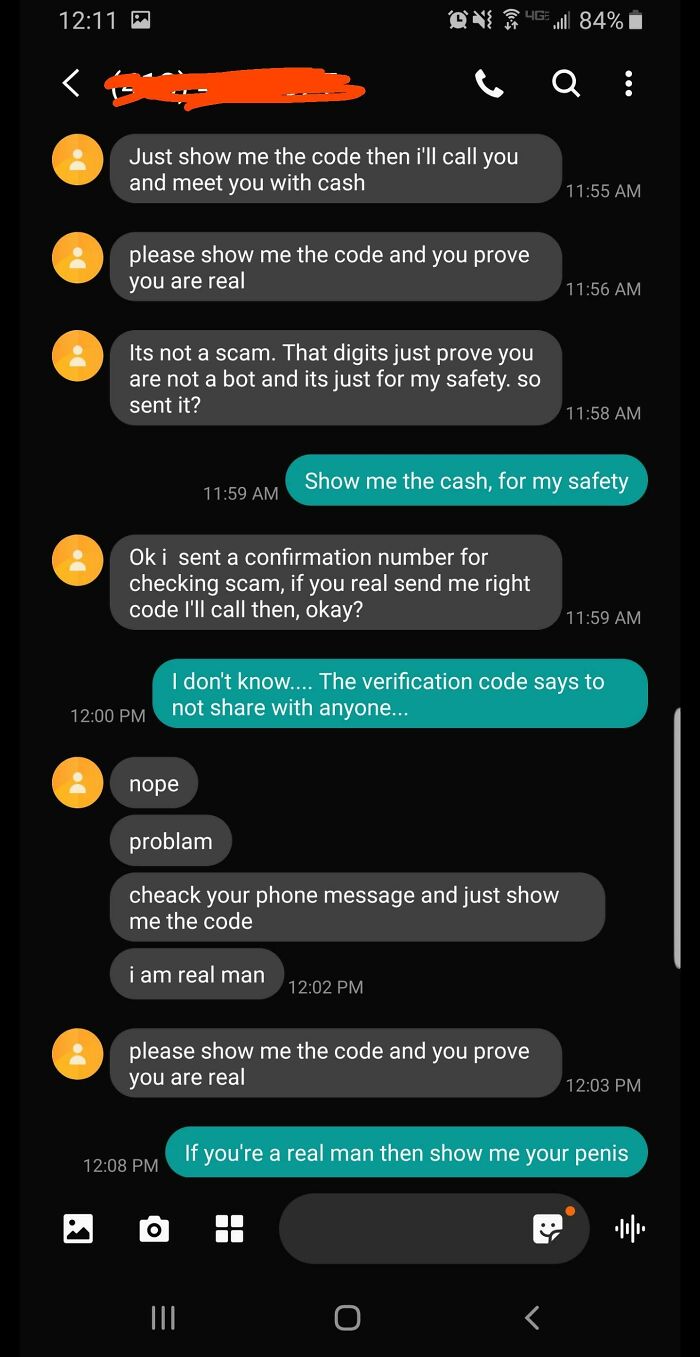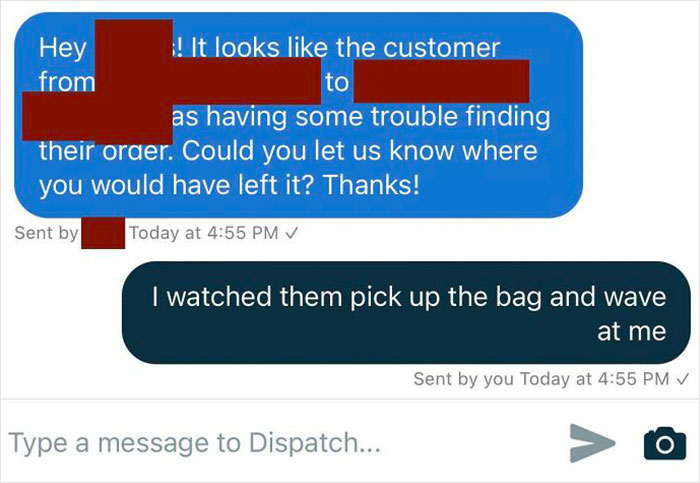It’s easy to assume that you would never fall for a scam when you haven’t been the victim of one yet. But nowadays, it seems like grifts are running rampant online and in the real world, and they’re getting harder and harder to avoid. Below, we’ve gathered a list of scams people have fallen victim to and shared on the Mildly Infuriating subreddit, so you can be aware of these tactics and avoid making the same mistakes. Keep reading to find a conversation with Rebecca Edwards, safety expert and lead reporter at SafeWise, and be sure to upvote the schemes that infuriate you the most! Anyone who has a cell phone, an email account or has spent any time on the internet is well aware of the wide variety of scams out there. According to a Gallup poll, 8% of Americans admit that they’ve fallen victim to a scam in the past year, while another 7% report that at least one member of their household has been scammed. The majority of Americans say that they frequently worry about being scammed as well. “With the 24/7 news cycle and social media, it’s hard to gauge if there are more scams running rampant right now—or if we’re just more aware of it,” the expert says. “While I think it may be a little bit of both, there’s no question that scammers seem to be more brazen and emboldened these days. I think some of the contributing factors are widespread access, use, and reliance on the internet for conducting everyday business, from buying groceries to ordering medications. And it’s also the main place many people go for entertainment and community.” “Because many scams can be hard to classify as crimes and consequences are very difficult to enact, people are getting away with it. The more people who get away with it, the more they (and other scammers) are empowered to keep going,” Rebecca explained. “And, of course, the anonymity of the internet is another part of this perfect storm for scammers.” “I’ve seen multiple stories this year already about people like me, who are watching for scams professionally, being pulled into something that turned out to be a scam,” the expert shared. “That means the scammers are getting smarter and even the most diligent of us can be taken in if the scammer is able to get us to let our guard down. Once the scammer is ‘in’ their behavior often changes quickly, making threats and demands that are effective because of the information they’ve gained about you or the relationship they’ve established.” “When it comes to phone calls, the best advice is not to answer unknown or suspicious calls and let it go to voicemail. If you do answer, don’t say ‘yes’ or confirm any information,” the expert continued. “Sometimes scammers are testing the waters just to see if a number is legit—then they often continue to pursue you. If you do answer and it feels off, trust your gut and hang up immediately. If you stay on the phone, ask for their information and say you’ll call them back. Ask for their name, employee ID, department, direct line, and supervisor, If they won’t provide that information, hang up.” “If you’re already caught up in a scam, it’s hard for you to see the truth in the midst of all the panic,” she added. “Telling someone you trust can help clear the cobwebs from your eyes. After you talk to someone you trust, report the incident to the proper sources, which can include the FTC, local law enforcement, the company or organization being impersonated, and the platform where the scam originated or took place.” Follow Bored Panda on Google News! Follow us on Flipboard.com/@boredpanda! Please use high-res photos without watermarks Ooops! Your image is too large, maximum file size is 8 MB.











![]()



































































![]()












![]()